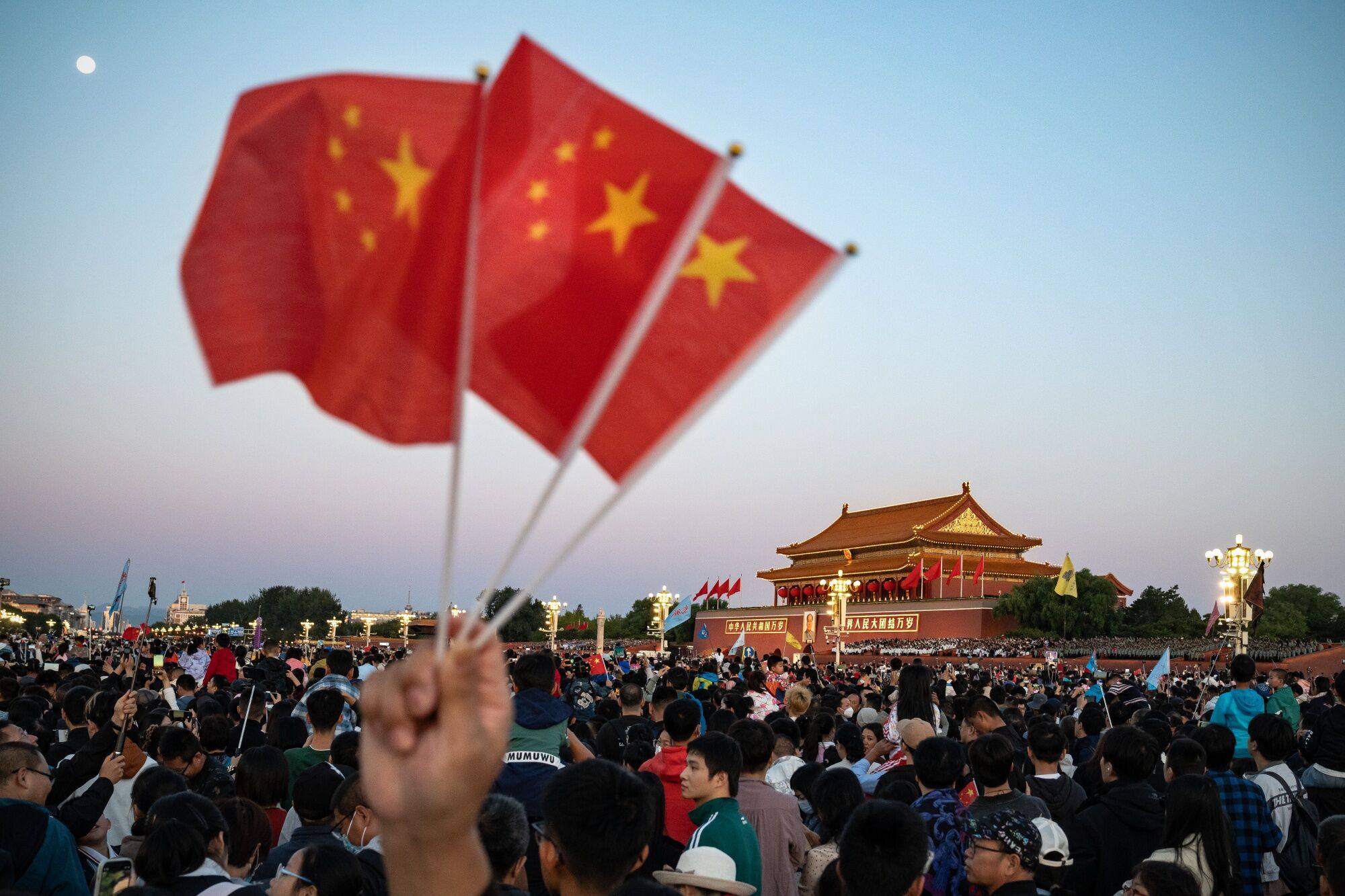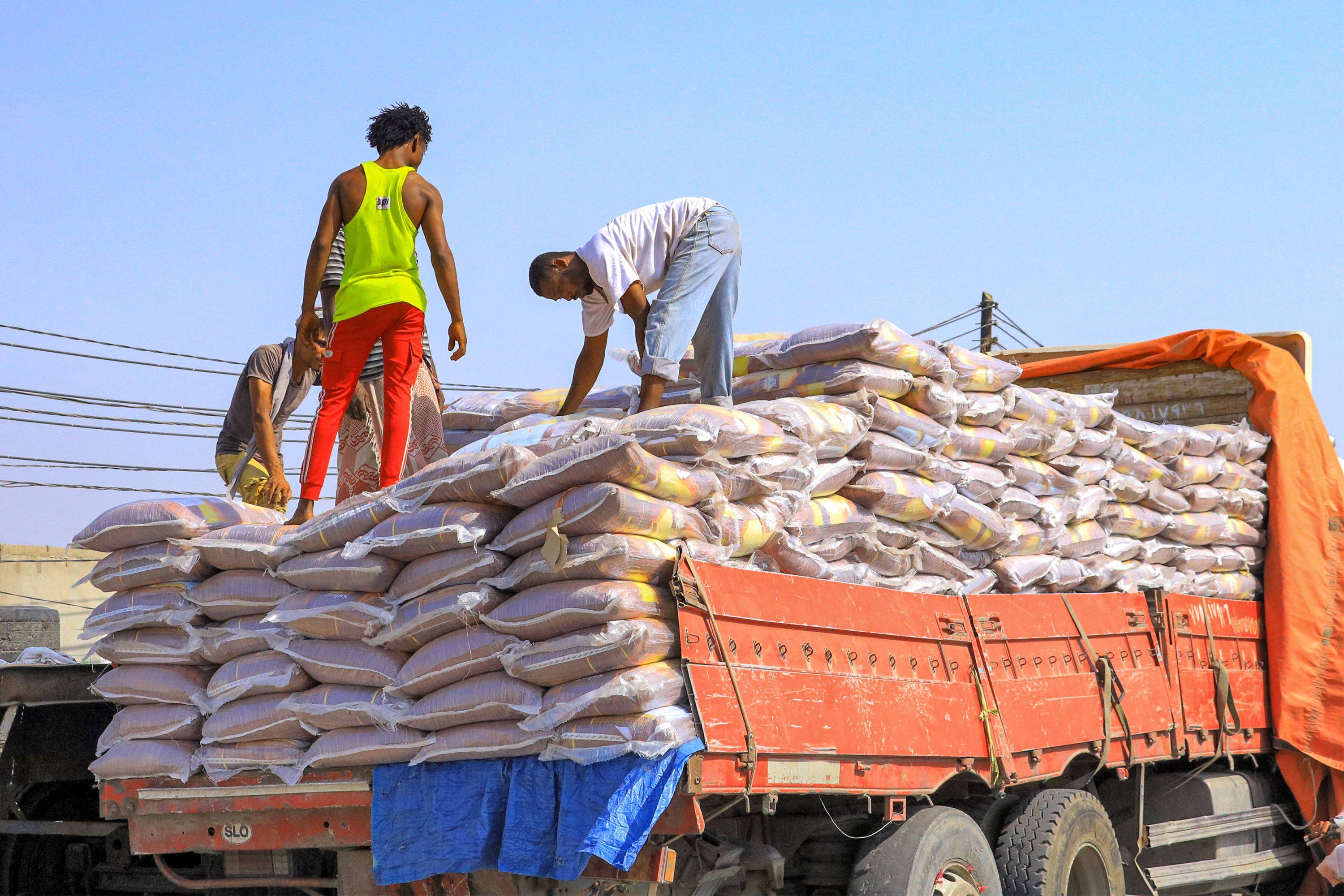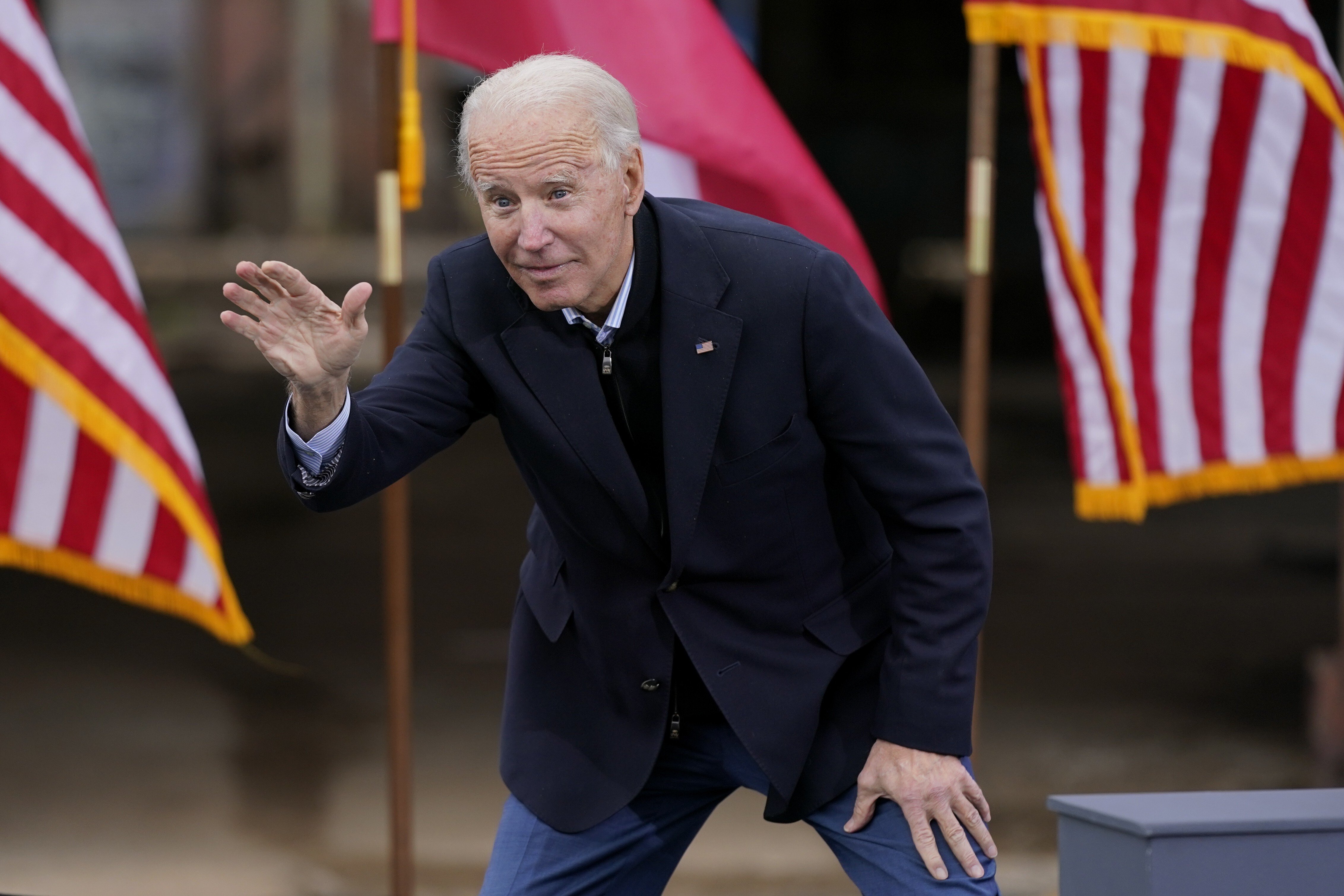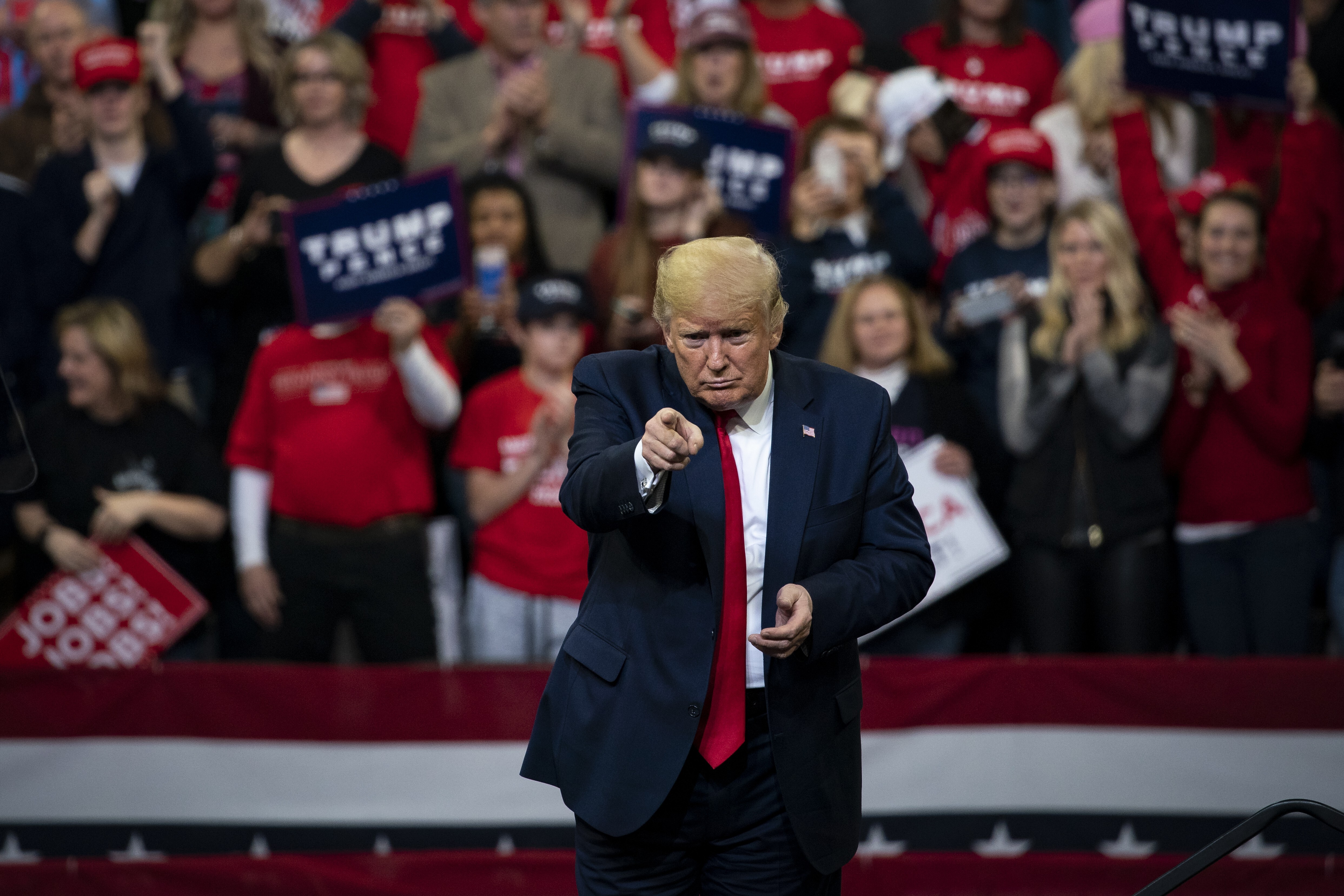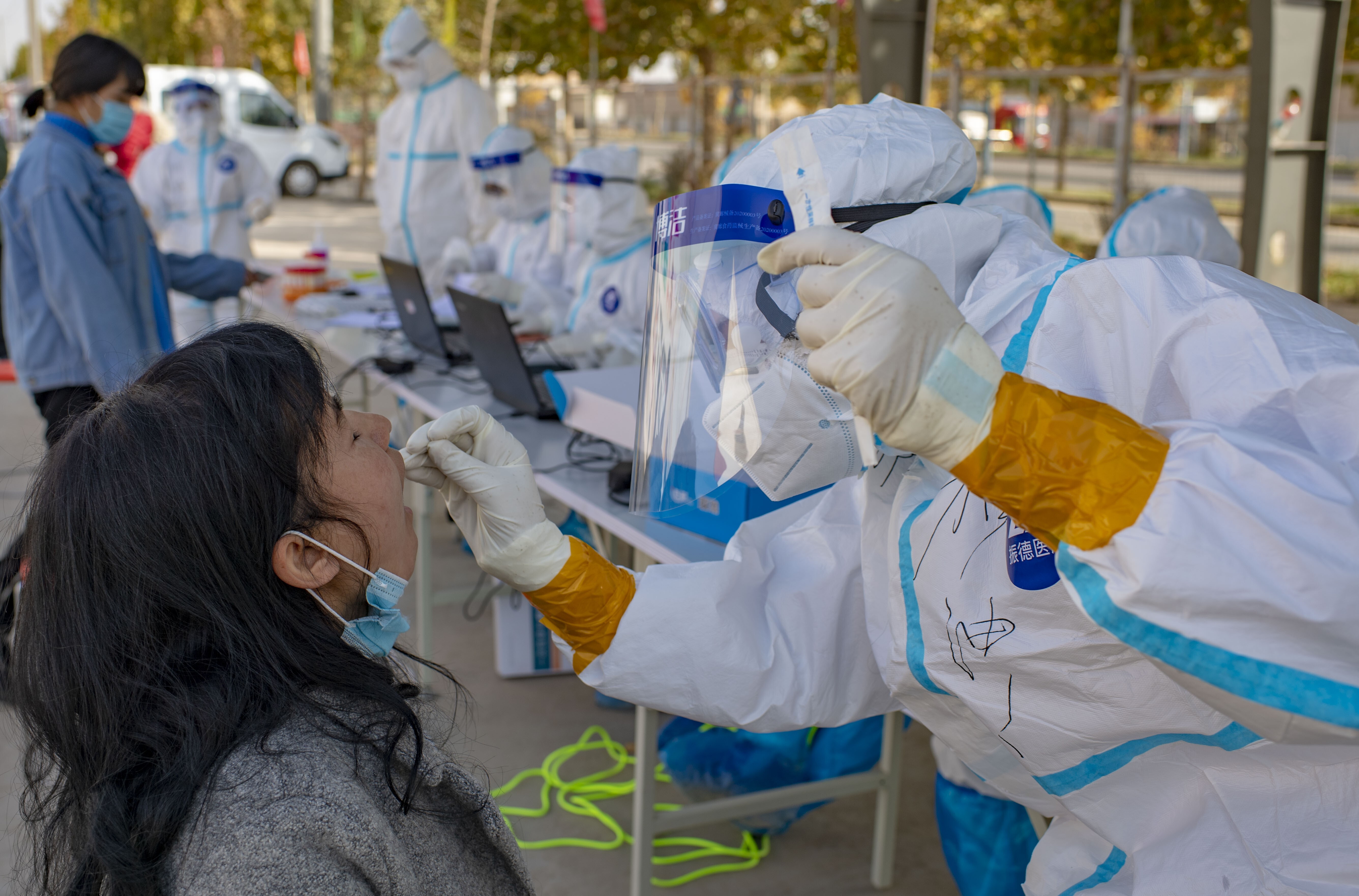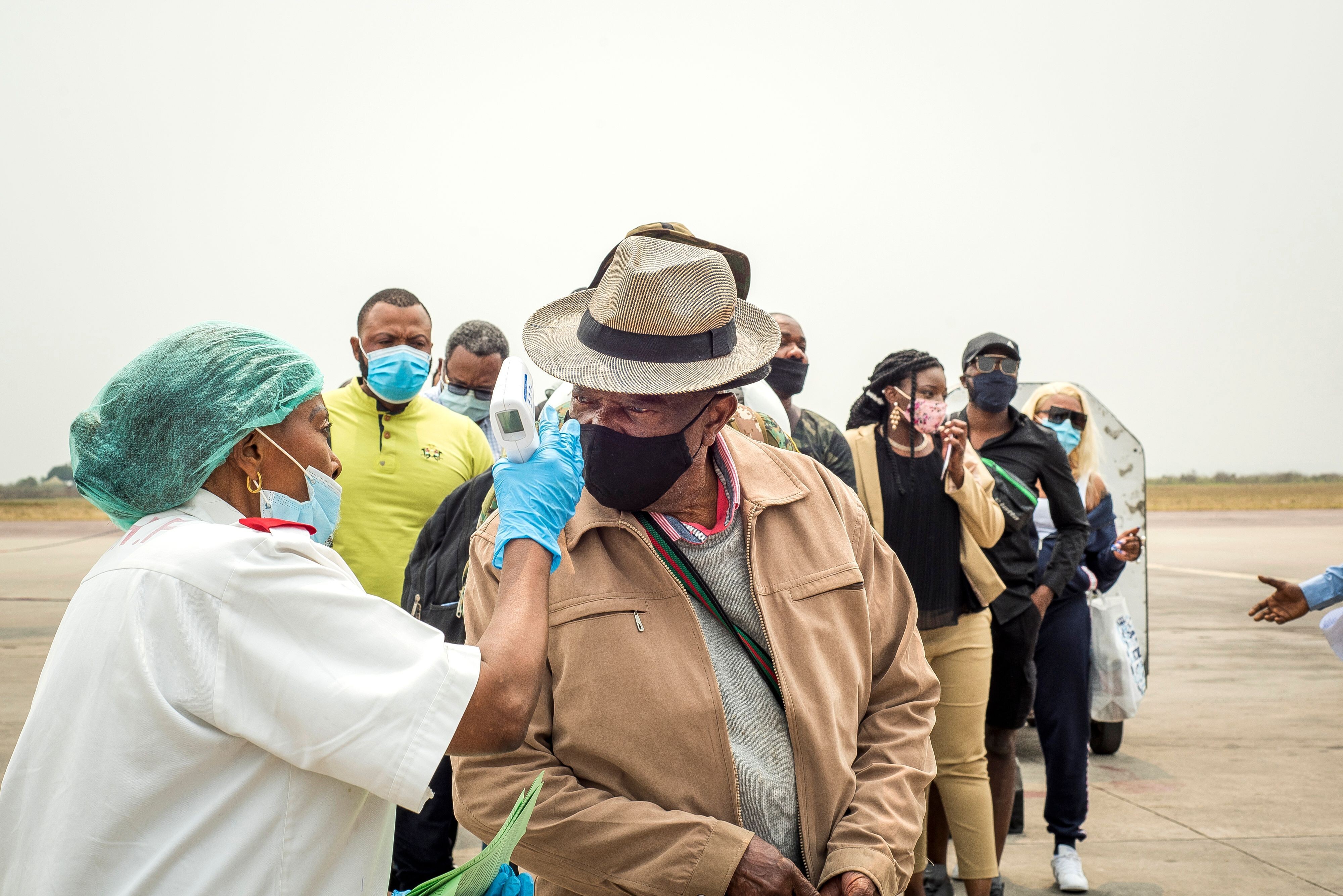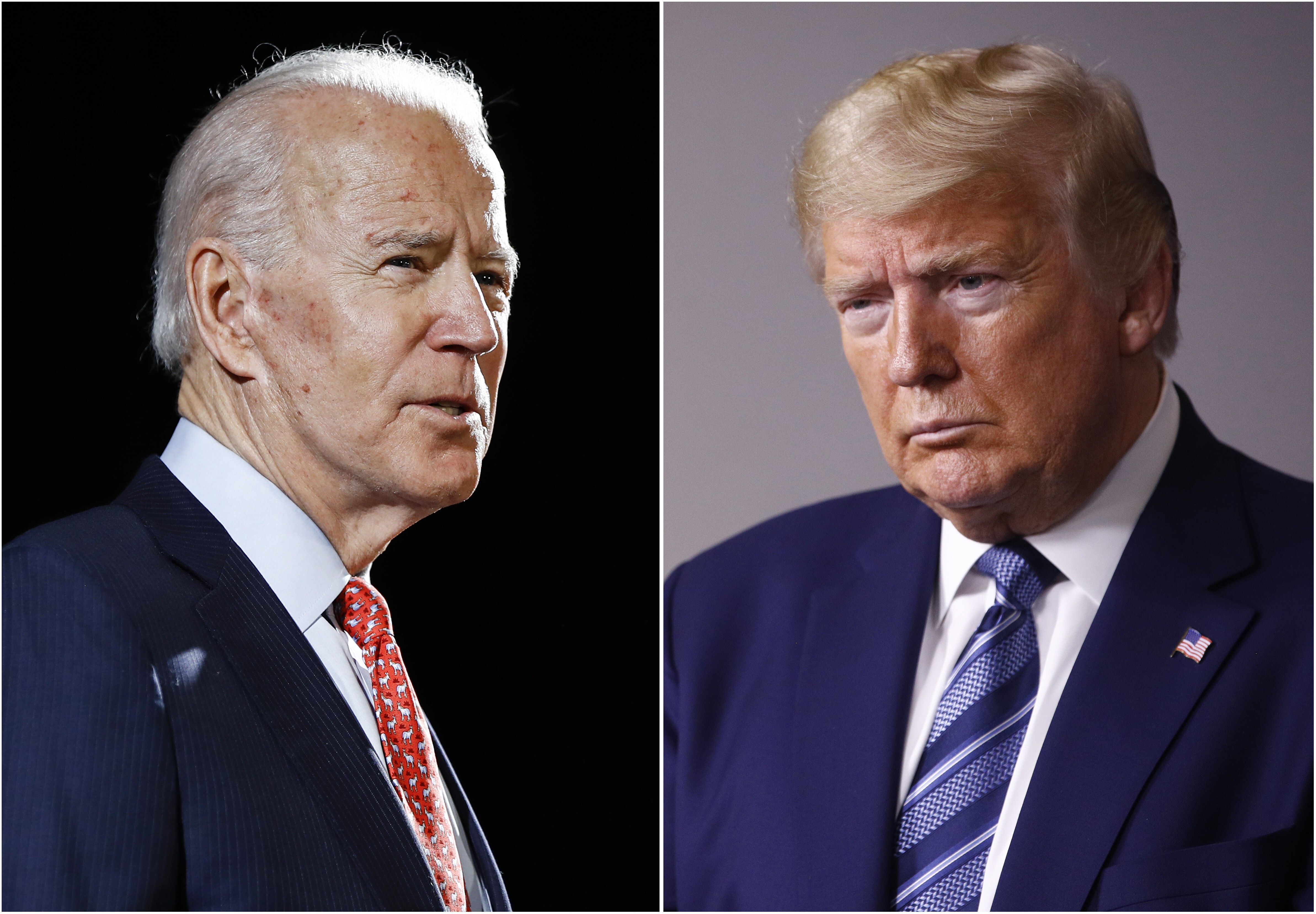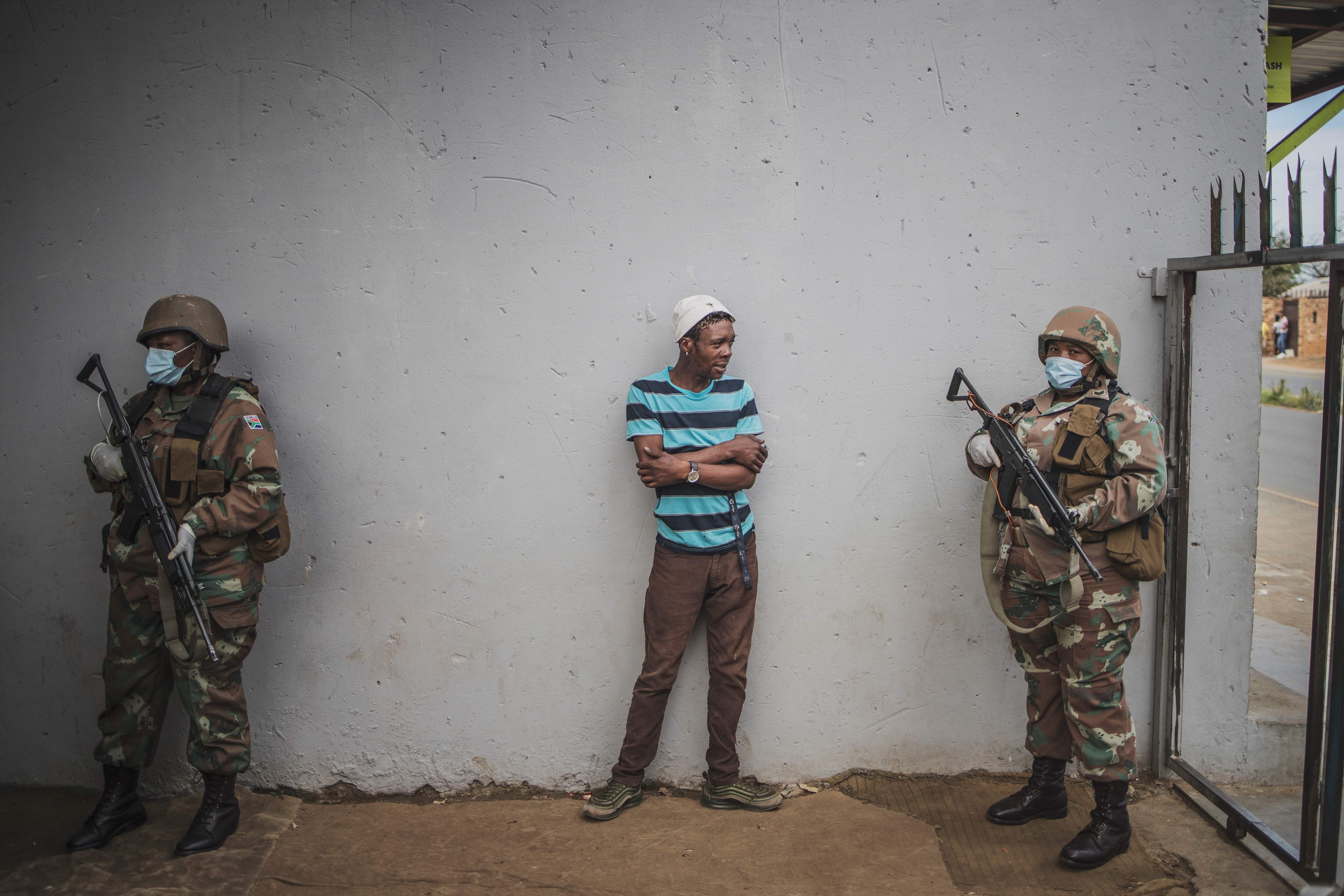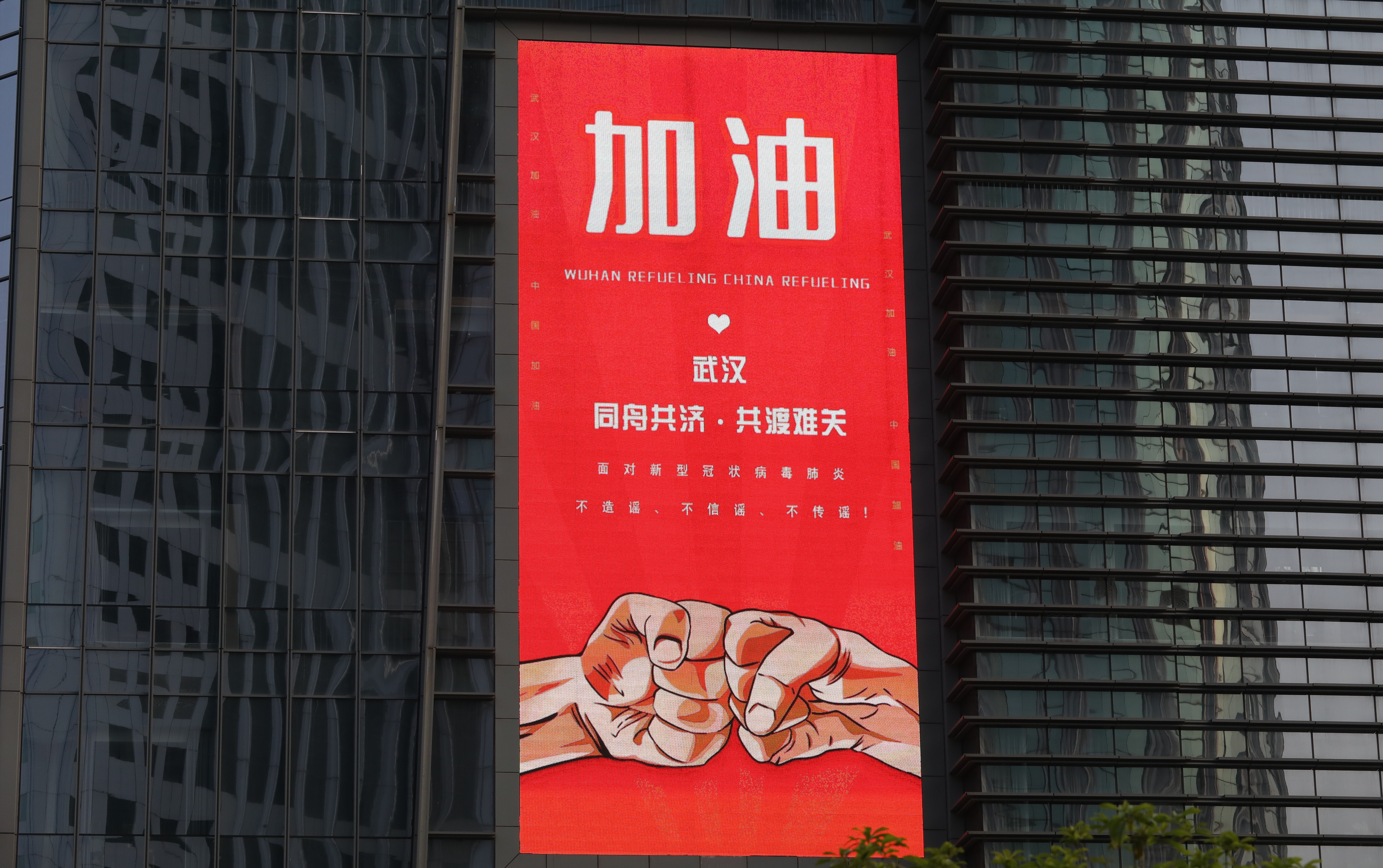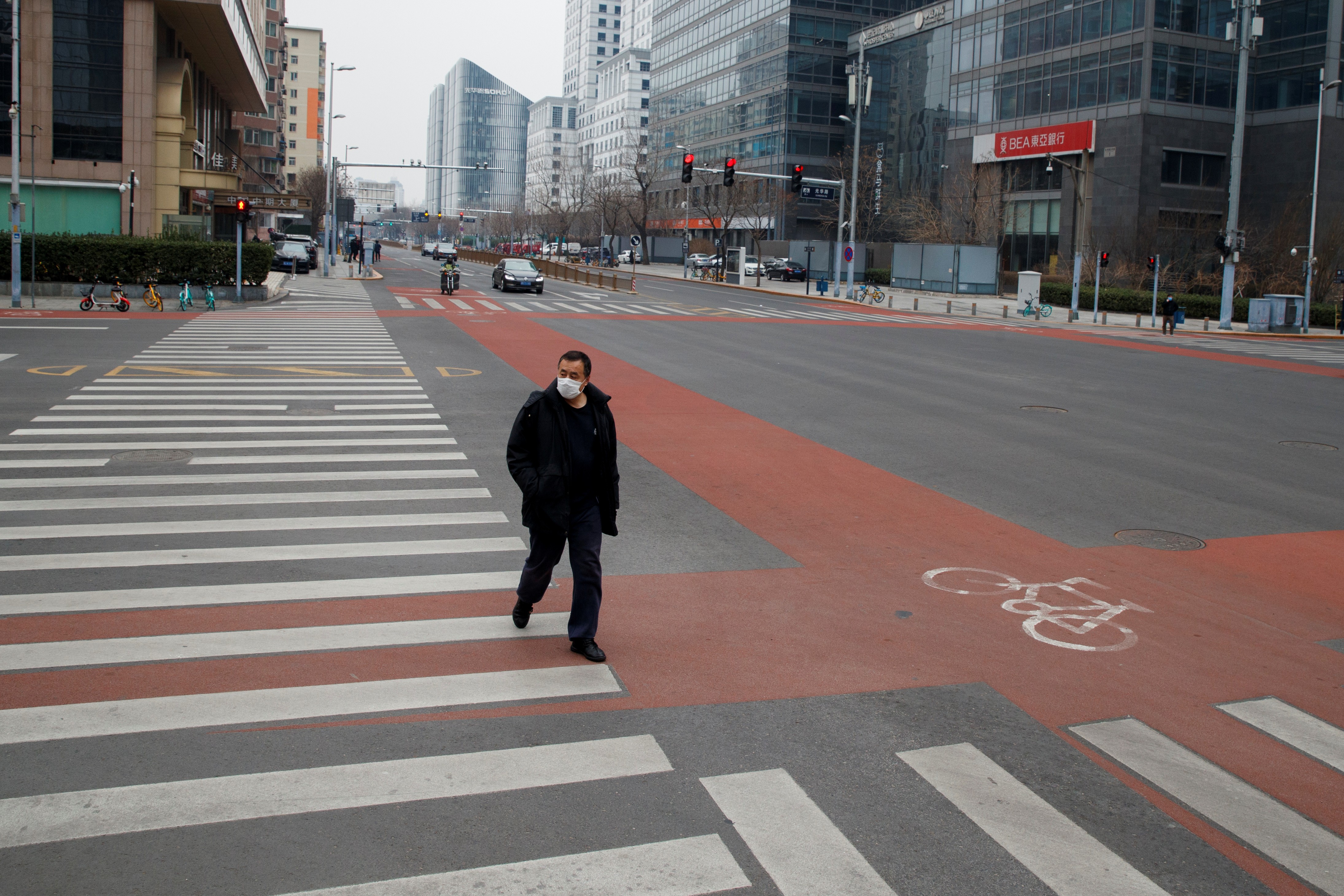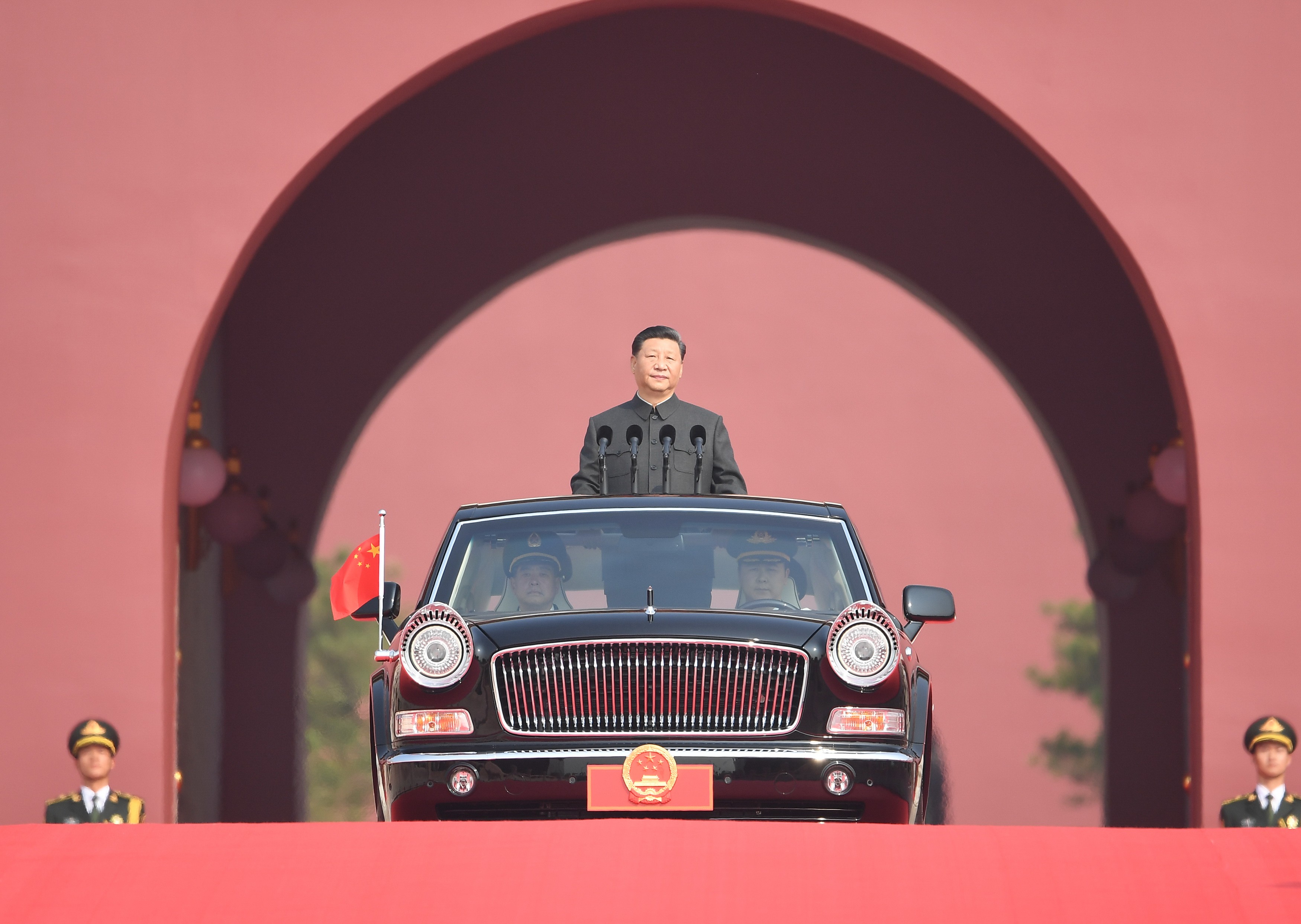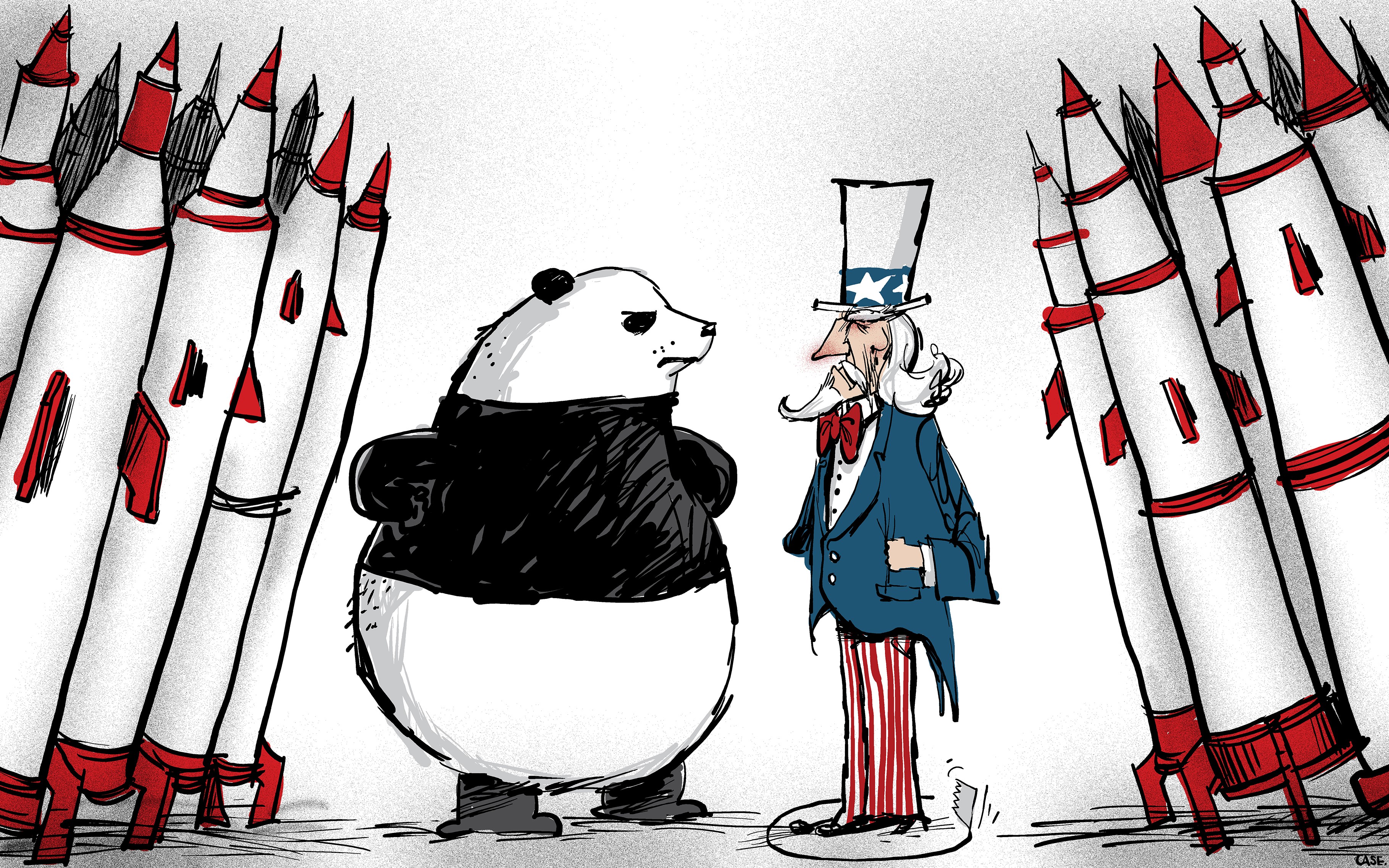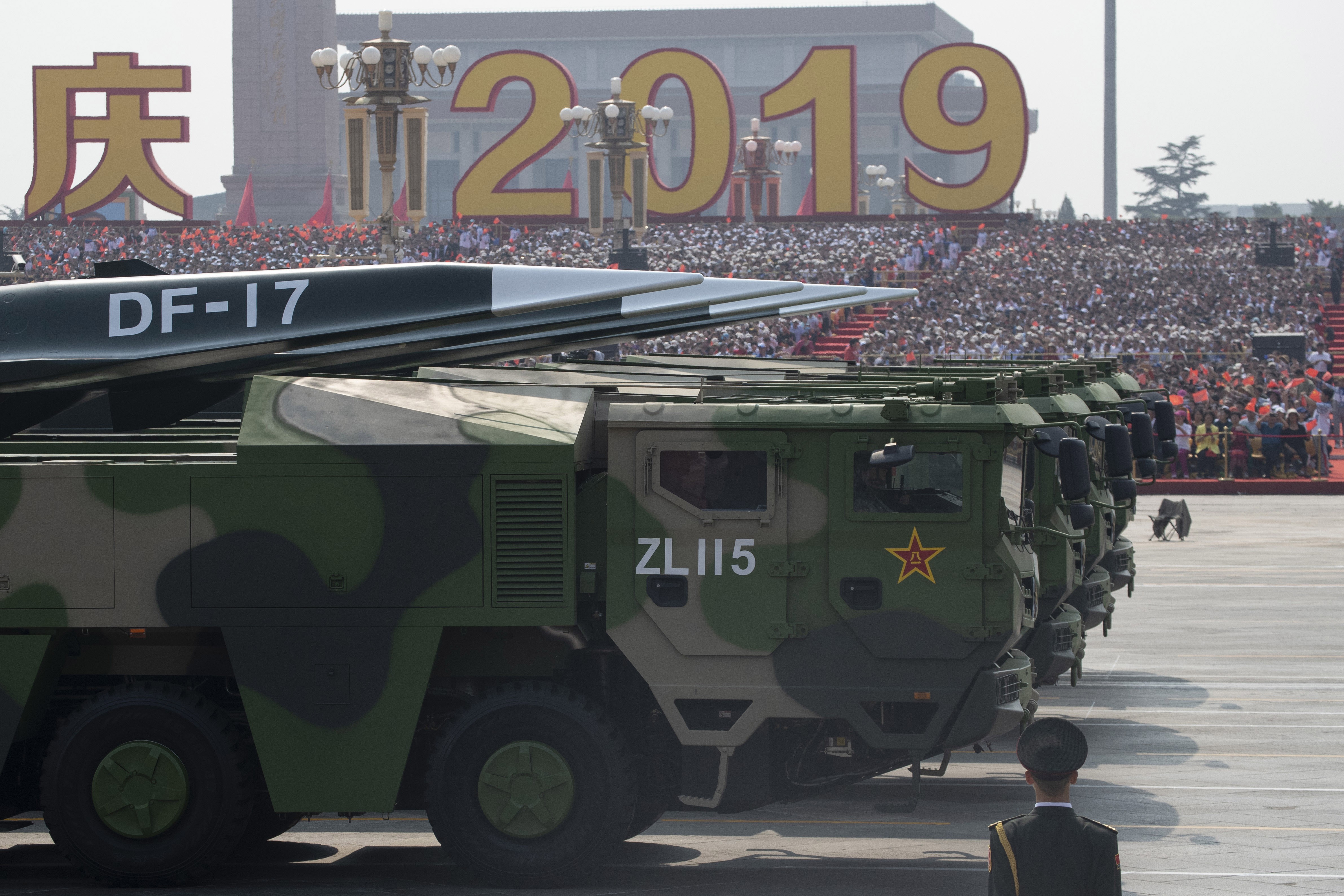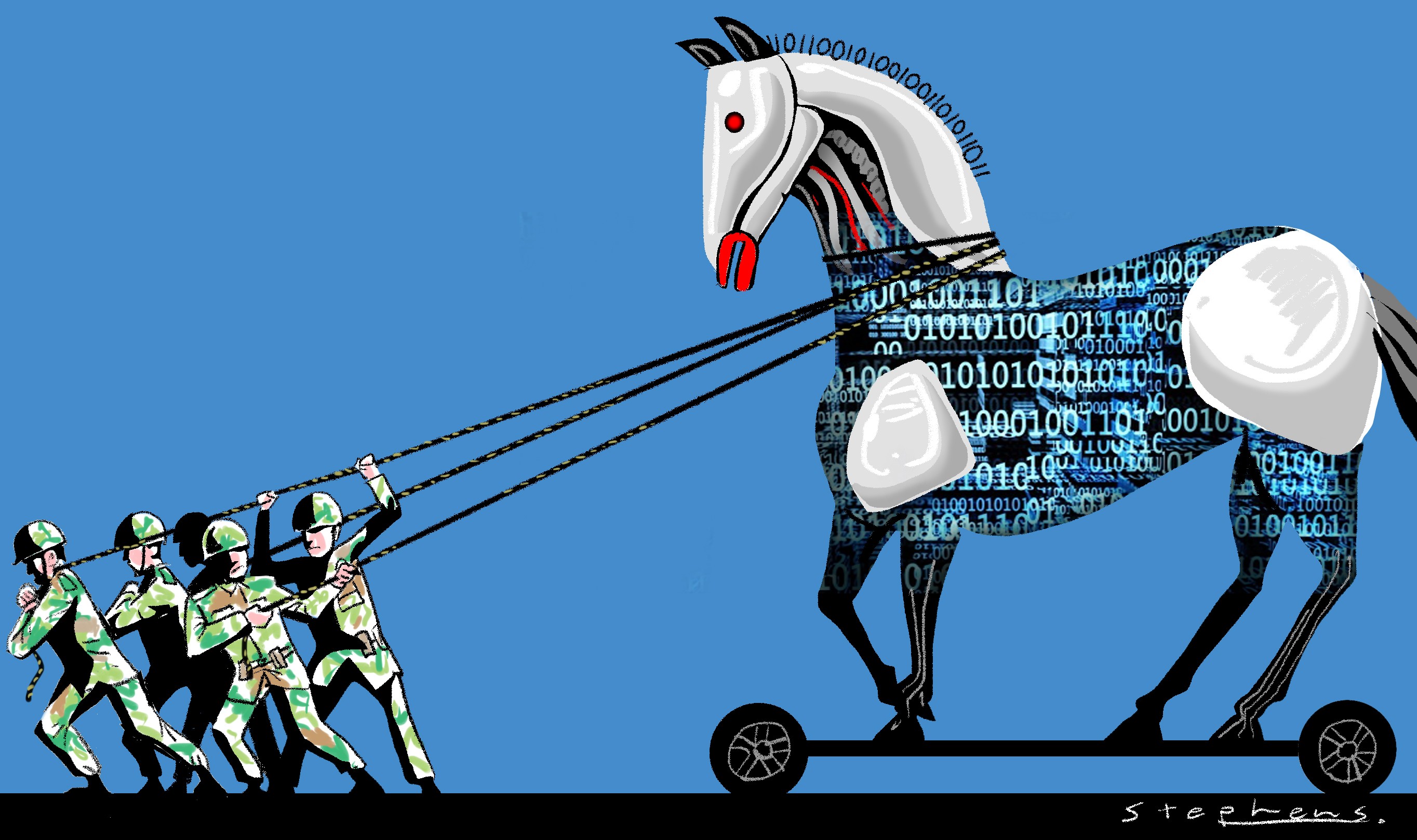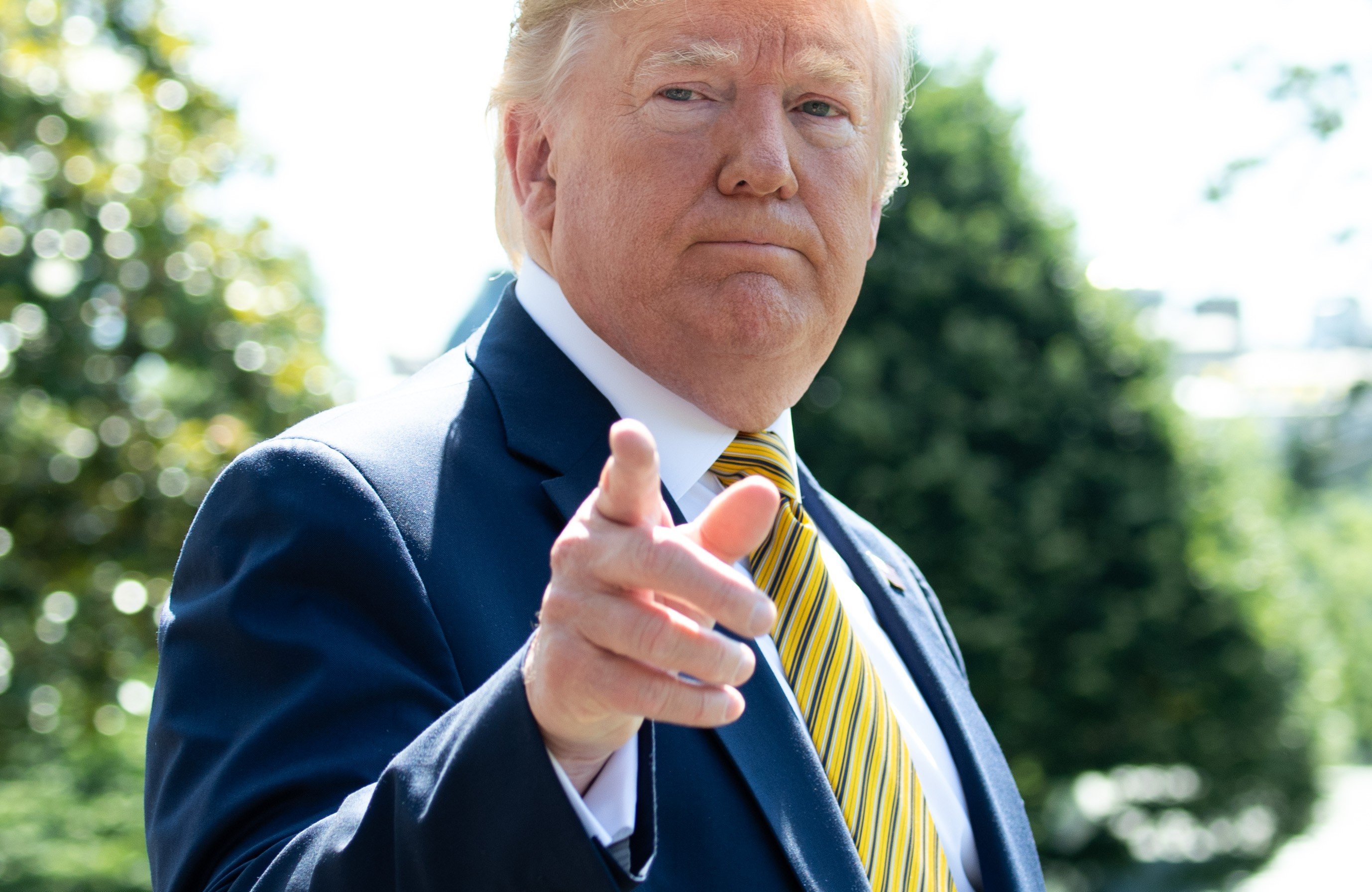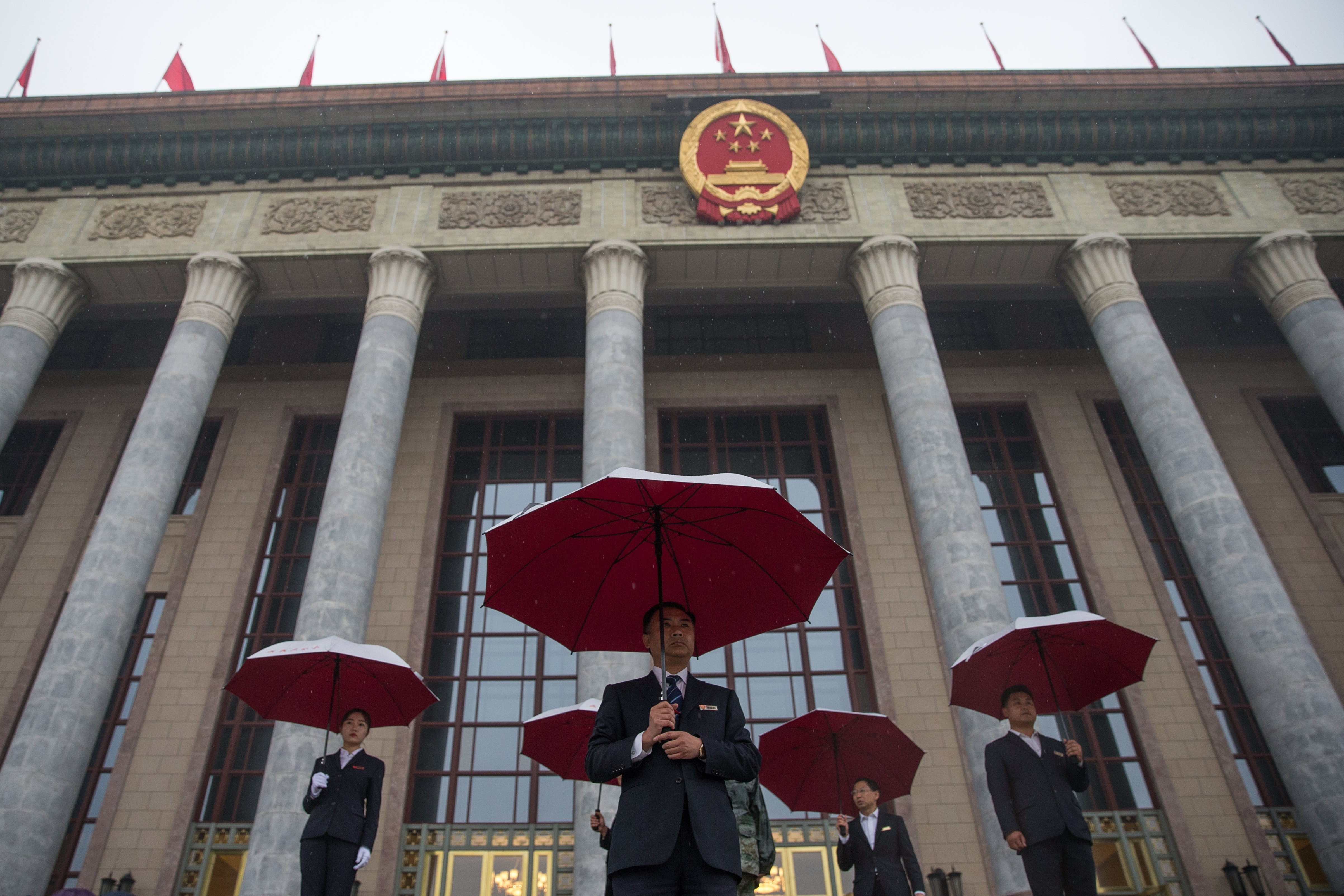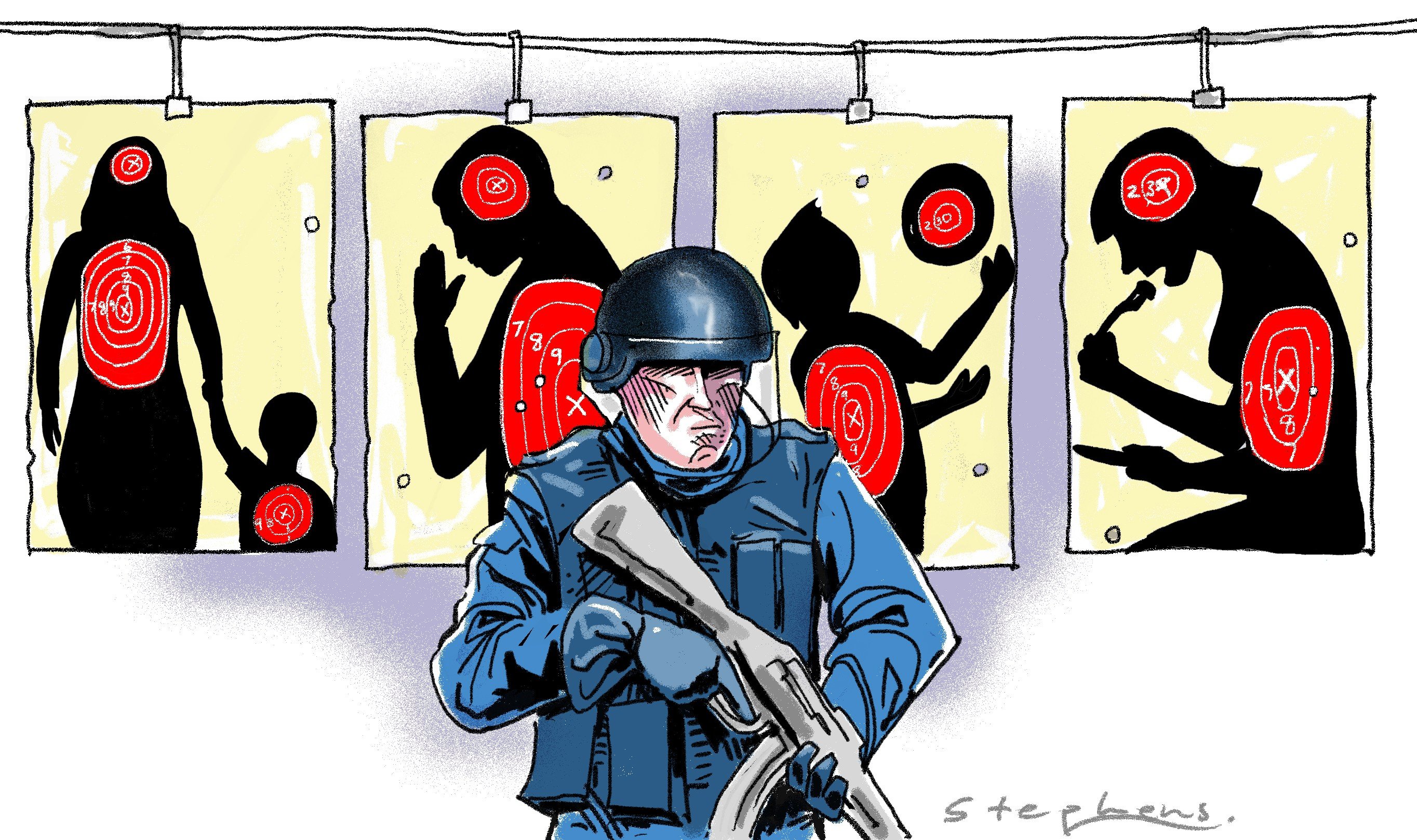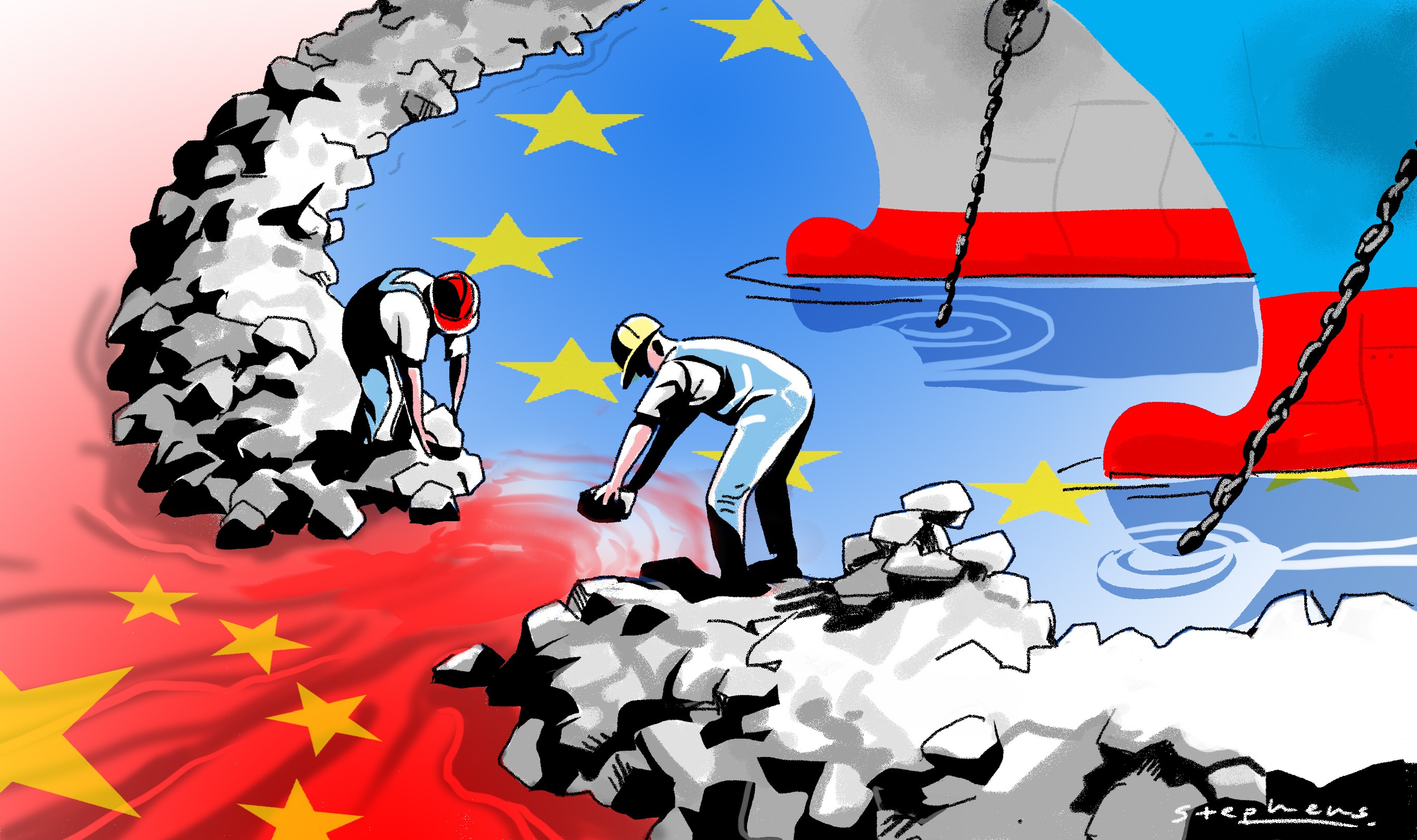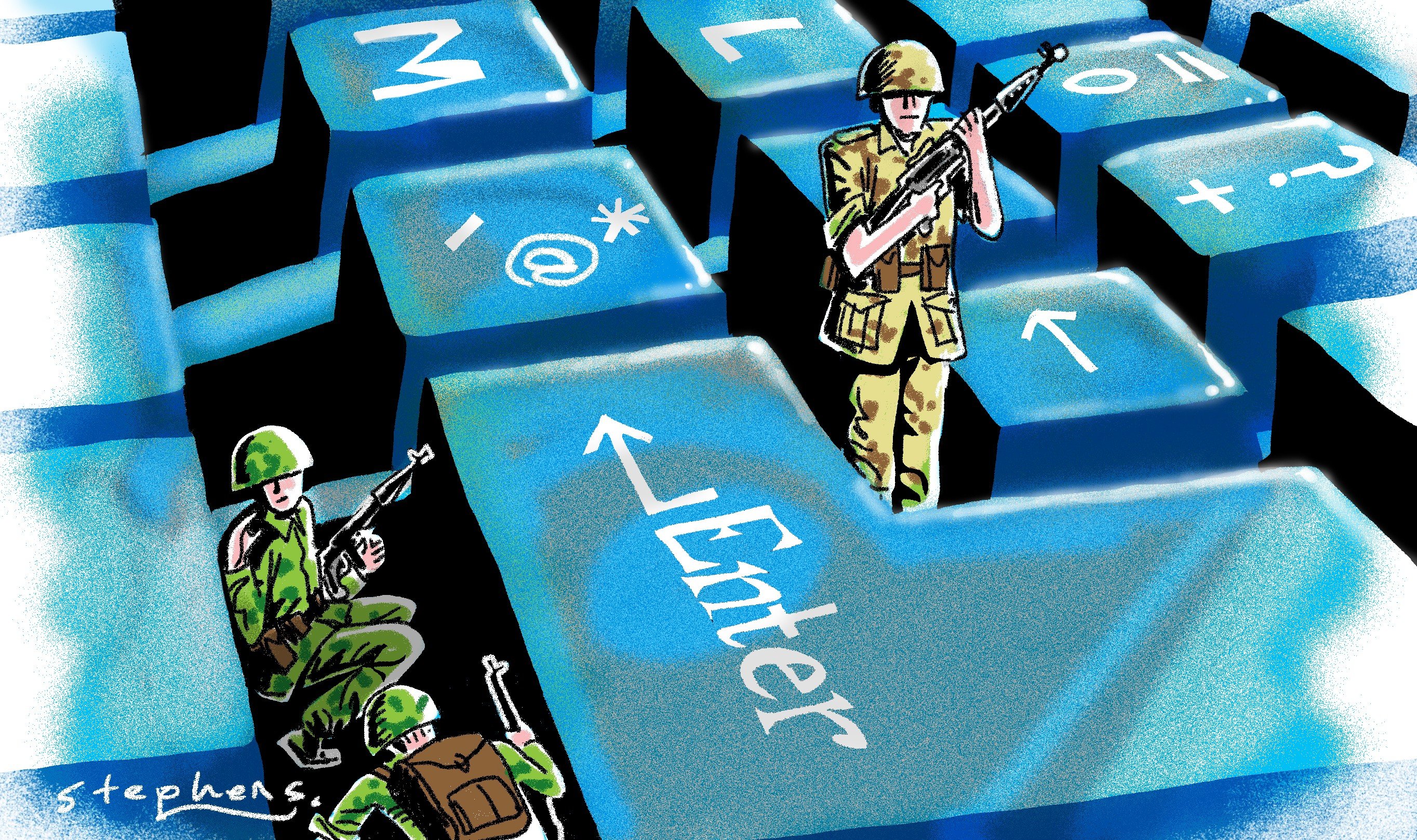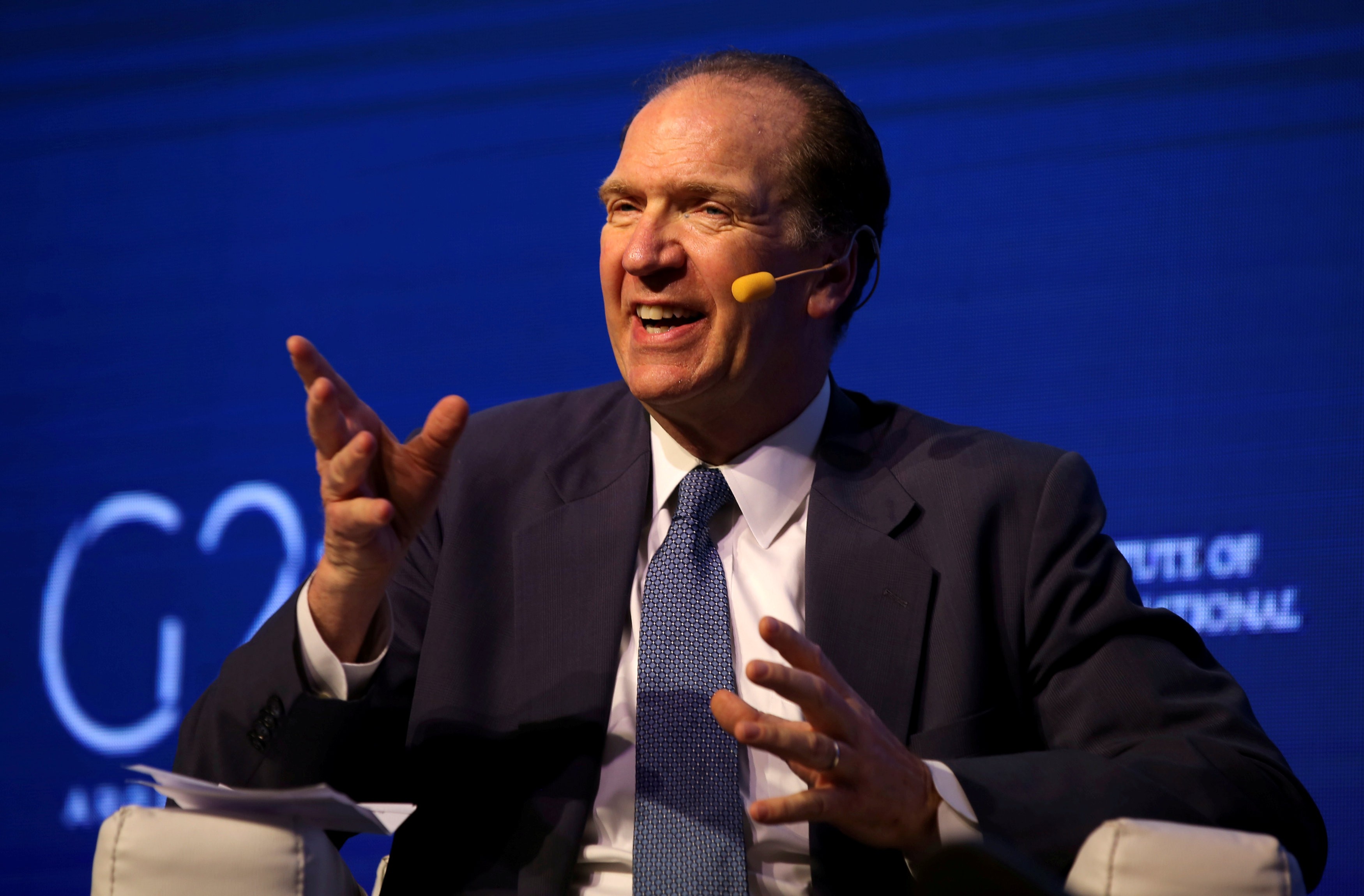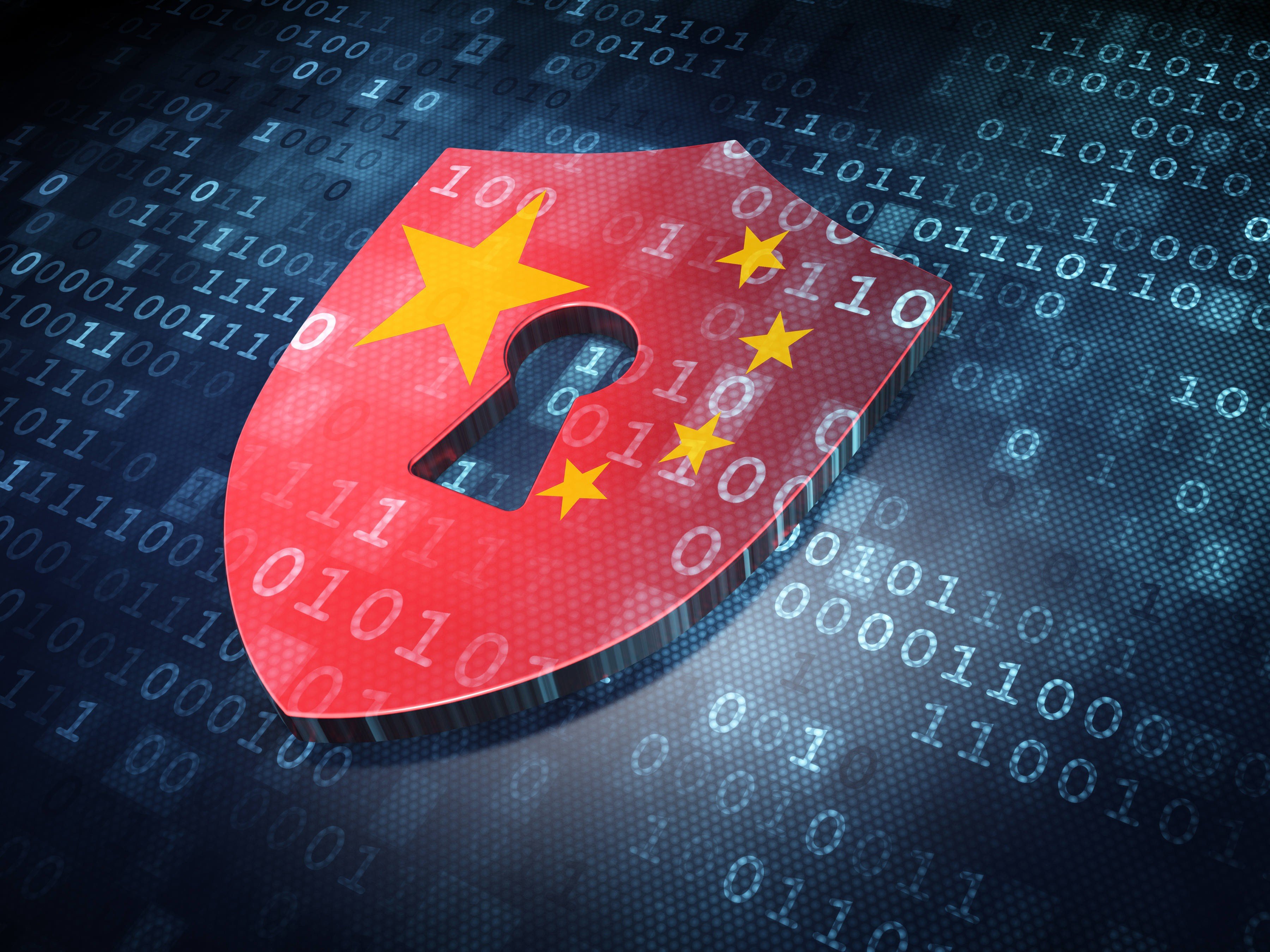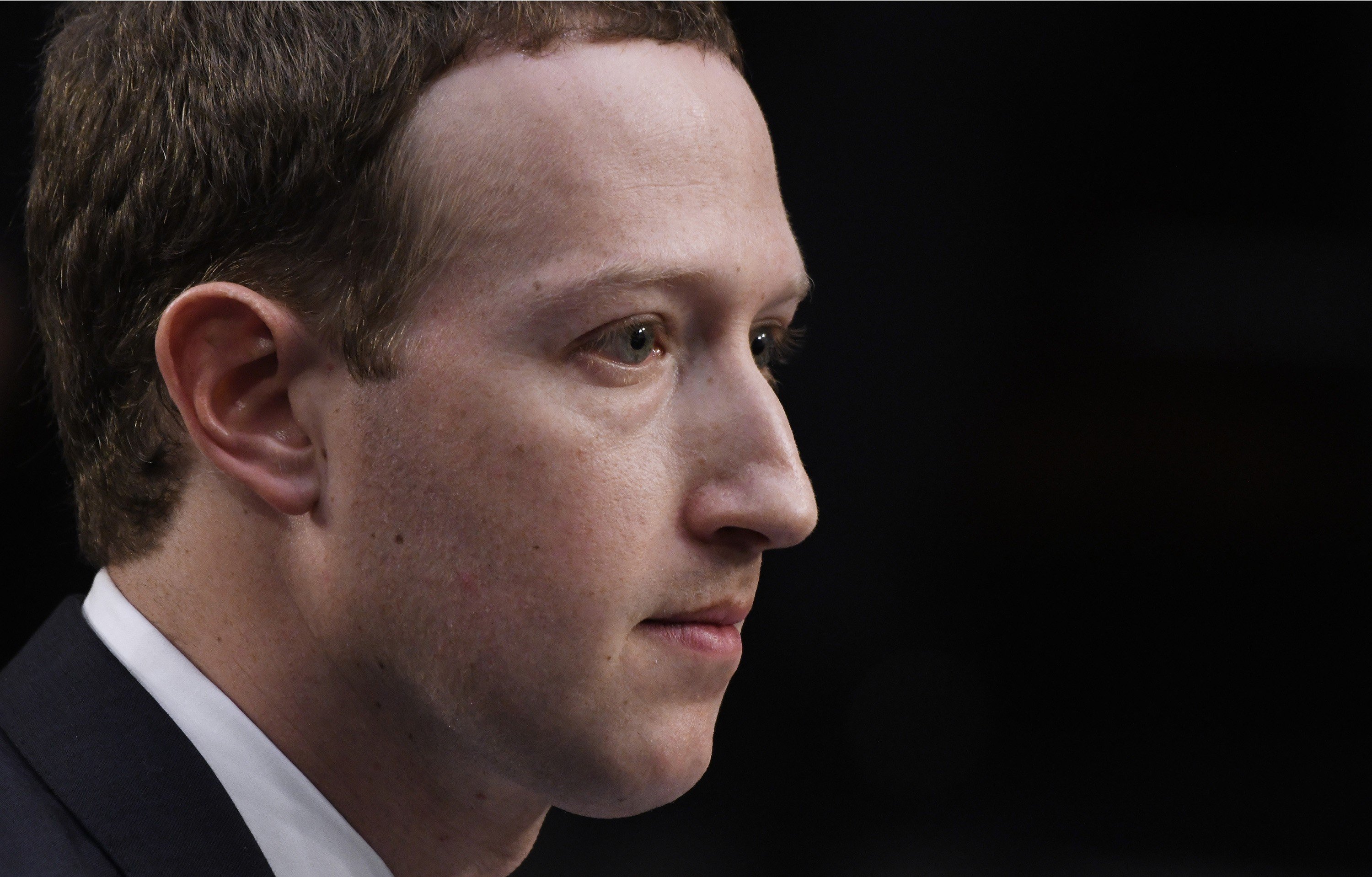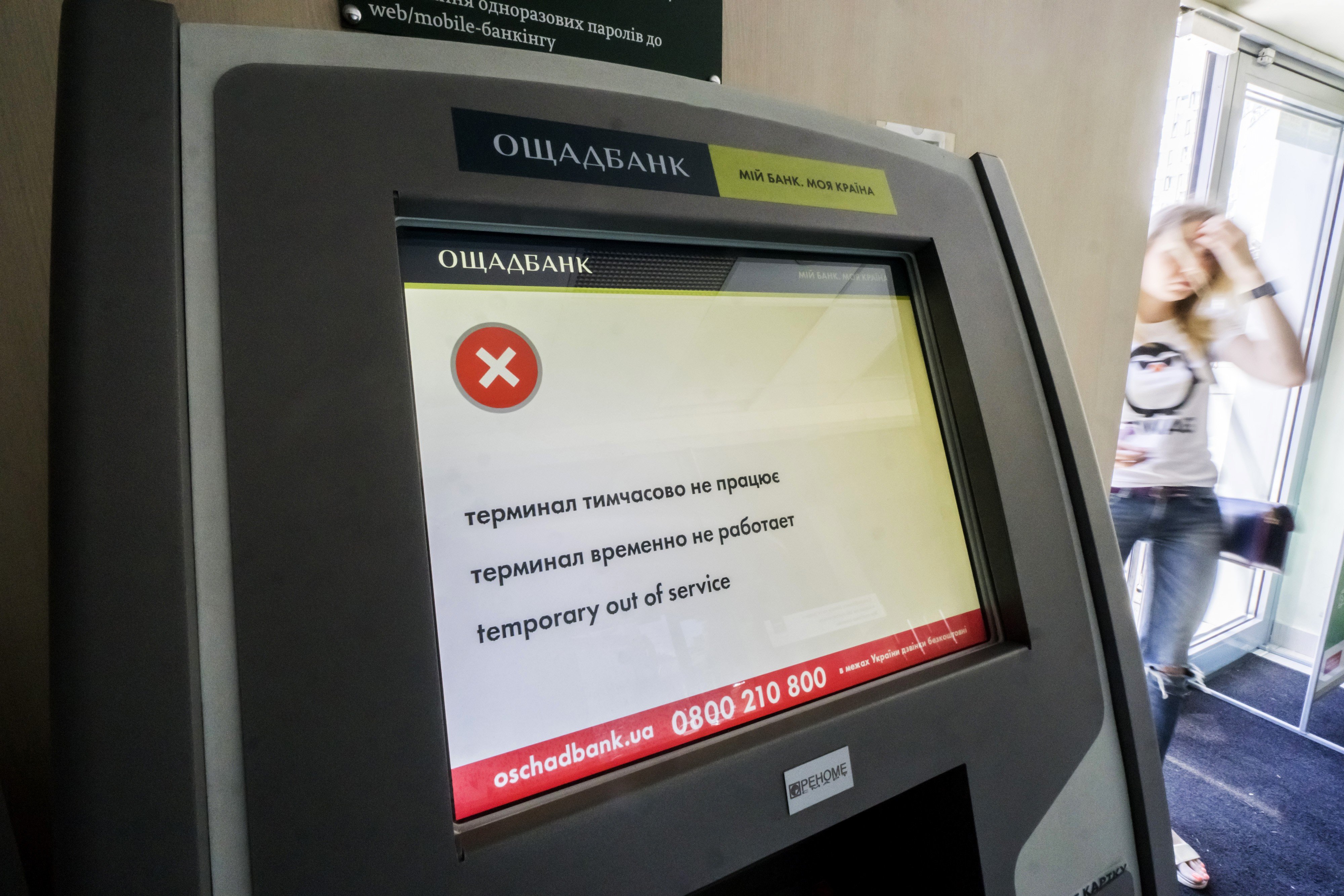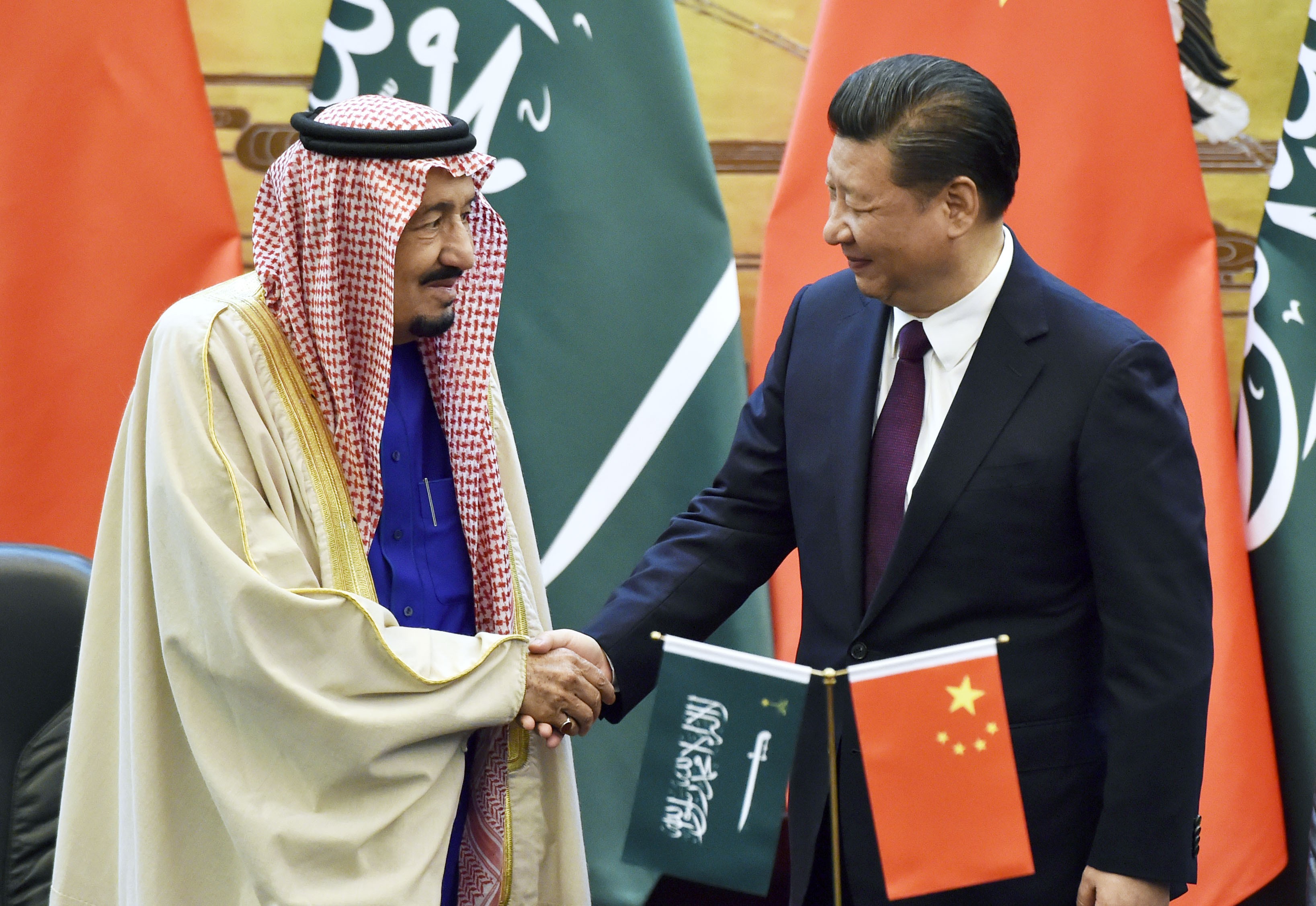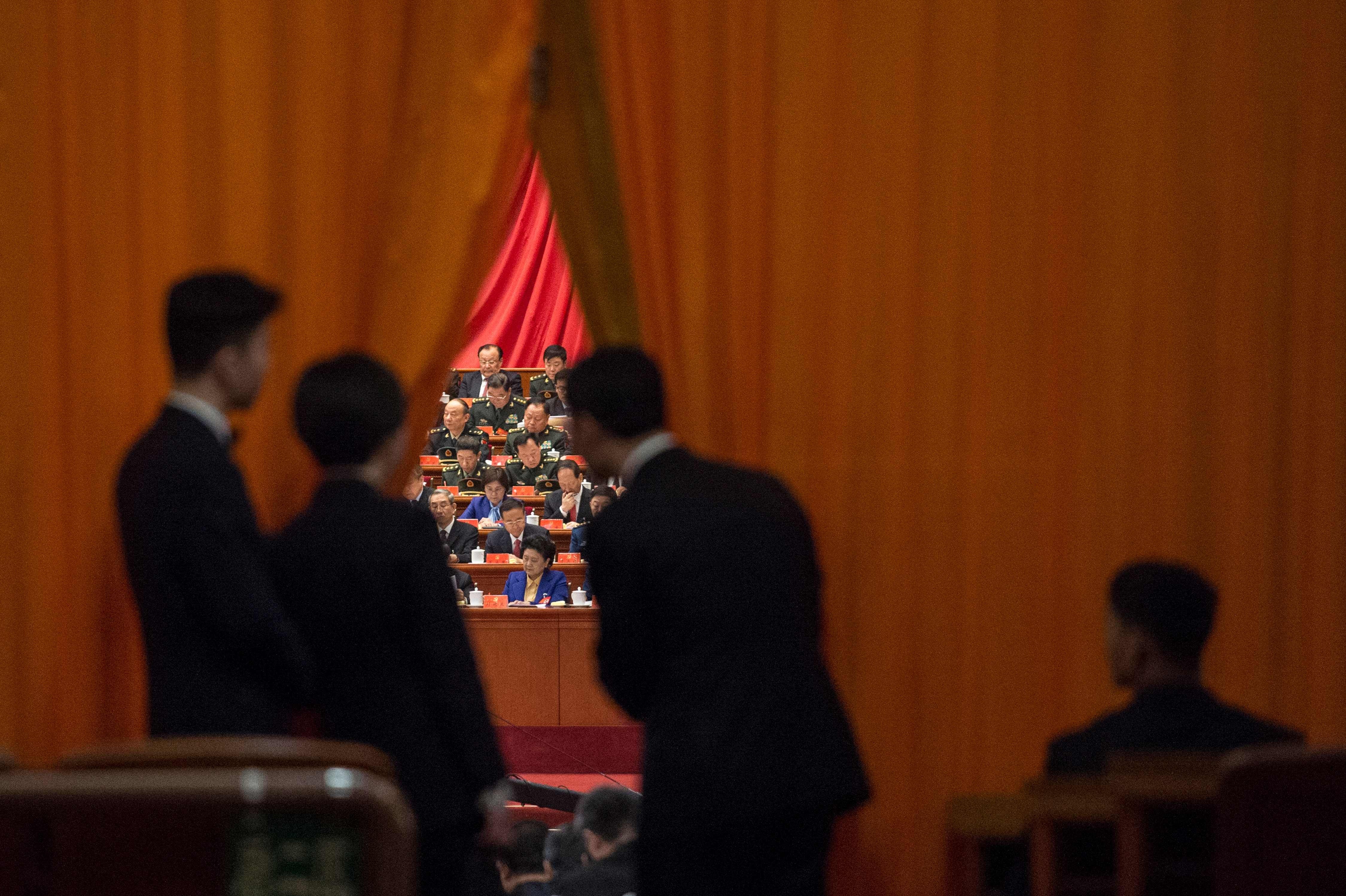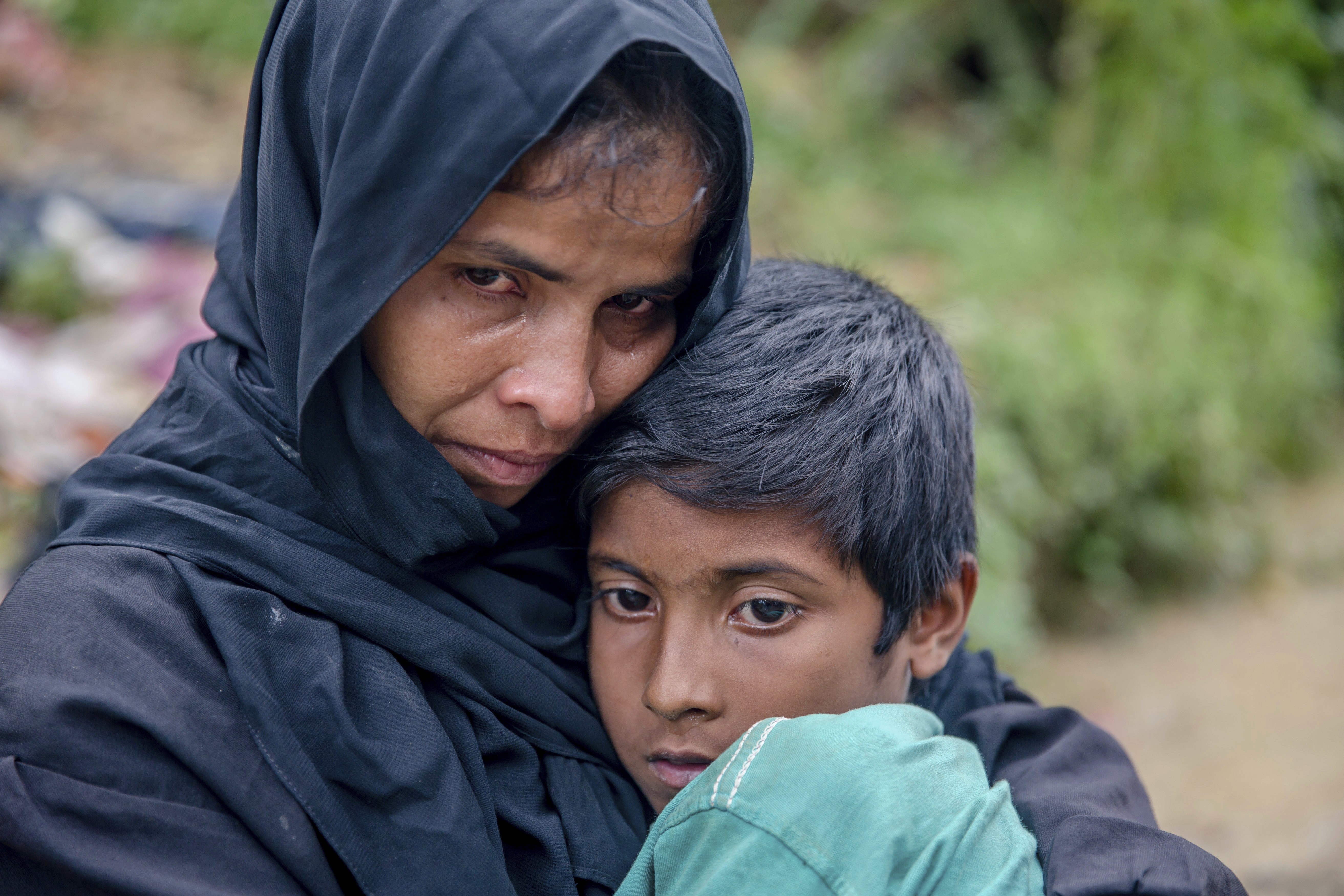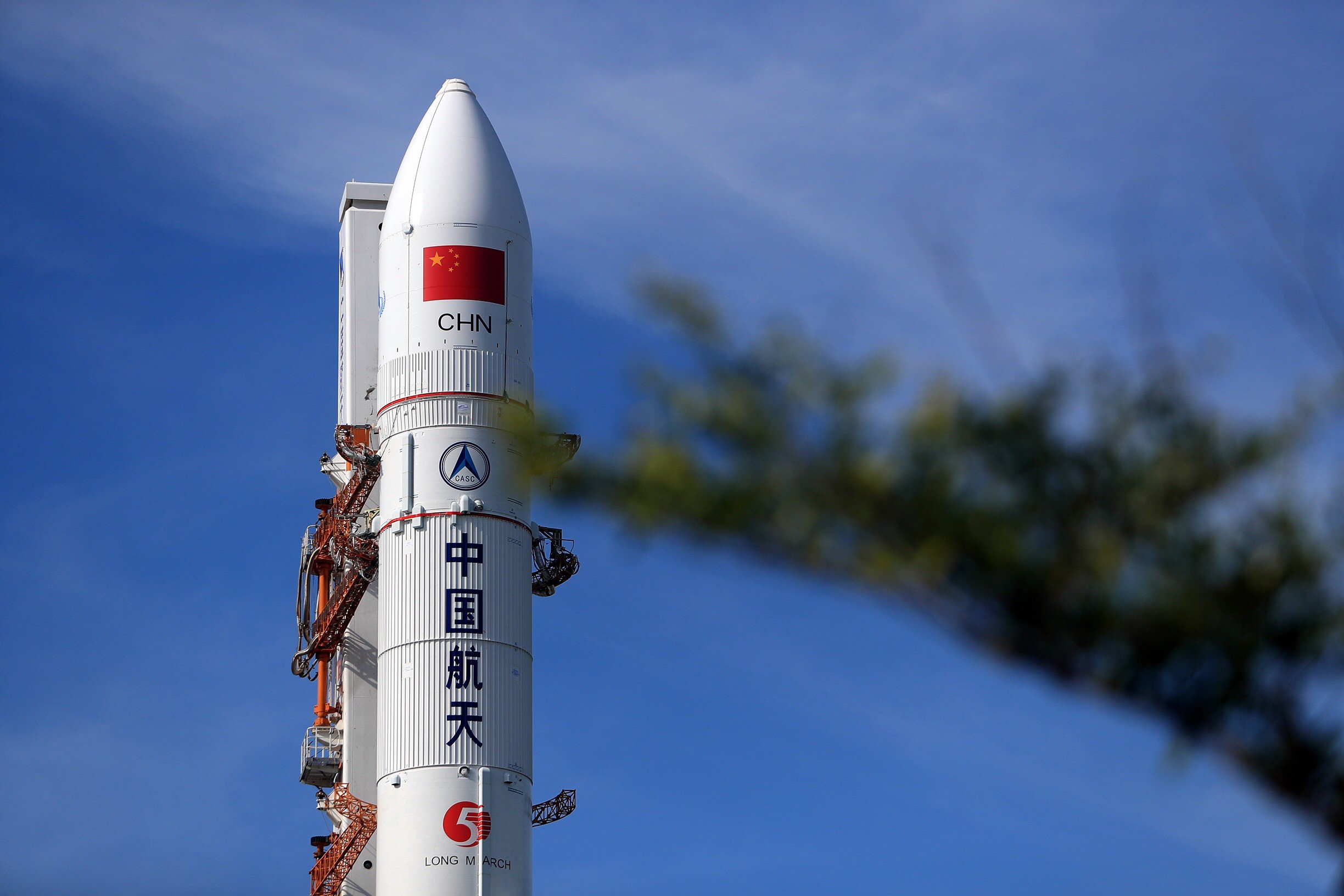
Unlike the Soviet Union in the 1980s, China has a highly diversified economy and capable defences making it unlikely to collapse or be contained. Despite what some pundits in Washington may believe, much of the world would not readily join the US in a war or containment strategy against China
As Ukraine halts grain exports and Russia limits exports of staples, countries already hit by pandemic supply chain disruptions are now facing decade-high food prices, rationing and the risk of food riots.
The US has been so busy for the past four years acting as a wrecking ball of the liberal world order it worked so hard to build that it is hard to imagine it will suddenly become that beacon of light shining on a hill just because there is a new sheriff in town.
As Trump’s rhetoric can be expected to become even more inflammatory after he leaves office, there is little reason to believe that his hard-core supporters’ fury will subside. The US must contend with a possible armed insurrection at home.
The absence of consistency and common sense from US leadership stands in sharp contrast to the experience elsewhere. China’s success, through rapid response, mass testing, surveillance and use of big data provides a blueprint for others.
The Democratic Republic of the Congo’s widely observed rules on mask-wearing, hand hygiene, and clear testing and travel protocols, offer a sharp contrast to flailing US efforts to contain the virus spread.
Neither Trump nor Biden will change US policy on China but there is one key difference: Biden will repair ties with US allies, many of whom are also wary of Beijing and more inclined to take collective action against it in the future.
Control of critical resources will provide new sources of power for the short list of countries that possess them. Meanwhile, the accelerated shift to digital and gig economies will highlight the gap between those who can adapt and those who cannot.
The absence of critical health care coupled with food insecurity in highly indebted poor countries could set off social and political unrest. People from the developed world may find they have something in common with their developing world brethren – survival.
The rest of the world had up to two months’ notice of the coronavirus but few governments took even basic steps to prepare for it. China, in contrast, took swift, bold steps, and may be rewarded economically when the looming depression is over.
Since the last pandemic, globalisation has ensured a world more interconnected than ever, from supply chains to mass air travel. With the world on the cusp of a coronavirus pandemic, the drawbacks of a tightly linked global economy are becoming clear.
The Belt and Road Initiative, hailed for promoting development, is coming under fire as debt burdens grow, reflecting a growing wariness of Beijing’s posturing as a global leader-in-waiting on an international stage that seeks to promote debate rather than censor it.
The power struggle is on as America and China enter a competitive relationship the likes of which the world has never seen, with military spending the centrepiece. Neither side wants war, but the competition will be bruising.
The formidable arsenal on display at China’s 70th anniversary parade announces to the world its ambition – backed by hefty investment – to be a global leader in futuristic weapons technology. The US, which has already torn up its nuclear weapons treaty with Russia, won’t be far behind.
In this ‘who dares wins’ race, the US has a lead in deep-learning algorithms but China and Russia are making greater strides in applications, unencumbered by privacy or rights concerns.
In calling off a strike against Iran, the US president has demonstrated his ability to keep a cool head. His critics won’t acknowledge it, but his foreign policy doctrine has so far served him well with Iran, North Korea and China.
As the world’s governments grapple with uncertainties, China, with its belt and road strategy, growing military muscle and AI ambitions, is preparing to emerge as a leading force in diplomacy.
As terrorists increasingly turn their attention to soft targets, governments and businesses must move quickly and collaborate to fund and put in place enhanced security measures, especially in locations that have been terrorist targets in the past.
Europe is the prime destination for finished goods along the trade routes of the Chinese infrastructure plan, and crucial to the success of ‘Made in China 2025’. To ensure fairness, the Europeans must have a stake in the Chinese trade strategy.
Xi Jinping’s foresight that the future is digital helped China push ahead in the race to harness the power of the internet, much of it in covert operations, to sharpen its military edge and economic competitiveness.
China continues to take World Bank aid despite its growth and the founding of alternative institutions like the AIIB. Trump’s nominee to lead the bank, David Malpass, may have been chosen to stop that.
Failure to propose solutions about how the ethical dilemmas raised by AI will be addressed could pose an existential threat to the human race
Critics are right to say the law gives Chinese companies an unfair edge and raises important privacy concerns. The fear is that other countries are more likely to adopt this model than the EU’s more cumbersome one favouring rights protection.
The Cambridge Analytica drama should be an opportunity to inform people of how easily criminals, terrorists and others can access their personal data, as well as how frequently hacking and security breaches happen.
Defending against cyberattacks is an unending cat-and-mouse game, and public-private partnerships would help in communicating risks and options for addressing them.
Beijing, by increasing its oil consumption, maintaining an open posture towards competing actors in the region and letting the US handle the security burden, has made itself into a massive player in the region.
Xi Jinping’s forceful speech at the party congress gives notice of the country’s arrival as a global power.
Daniel Wagner says tech advances are helping countries like China to develop space capabilities that can be turned into a military advantage, hastening a likely race to ‘weaponise’ space

